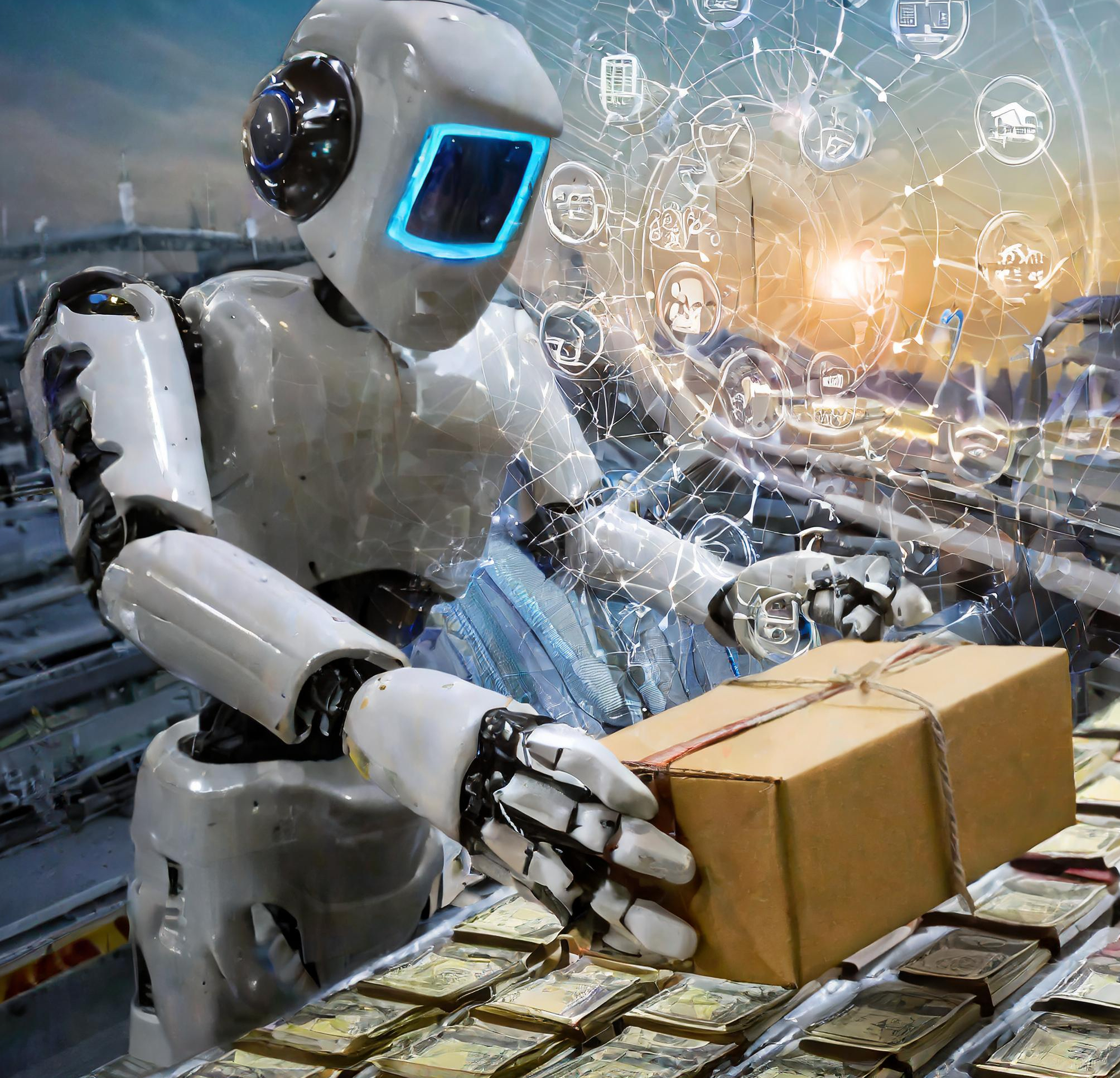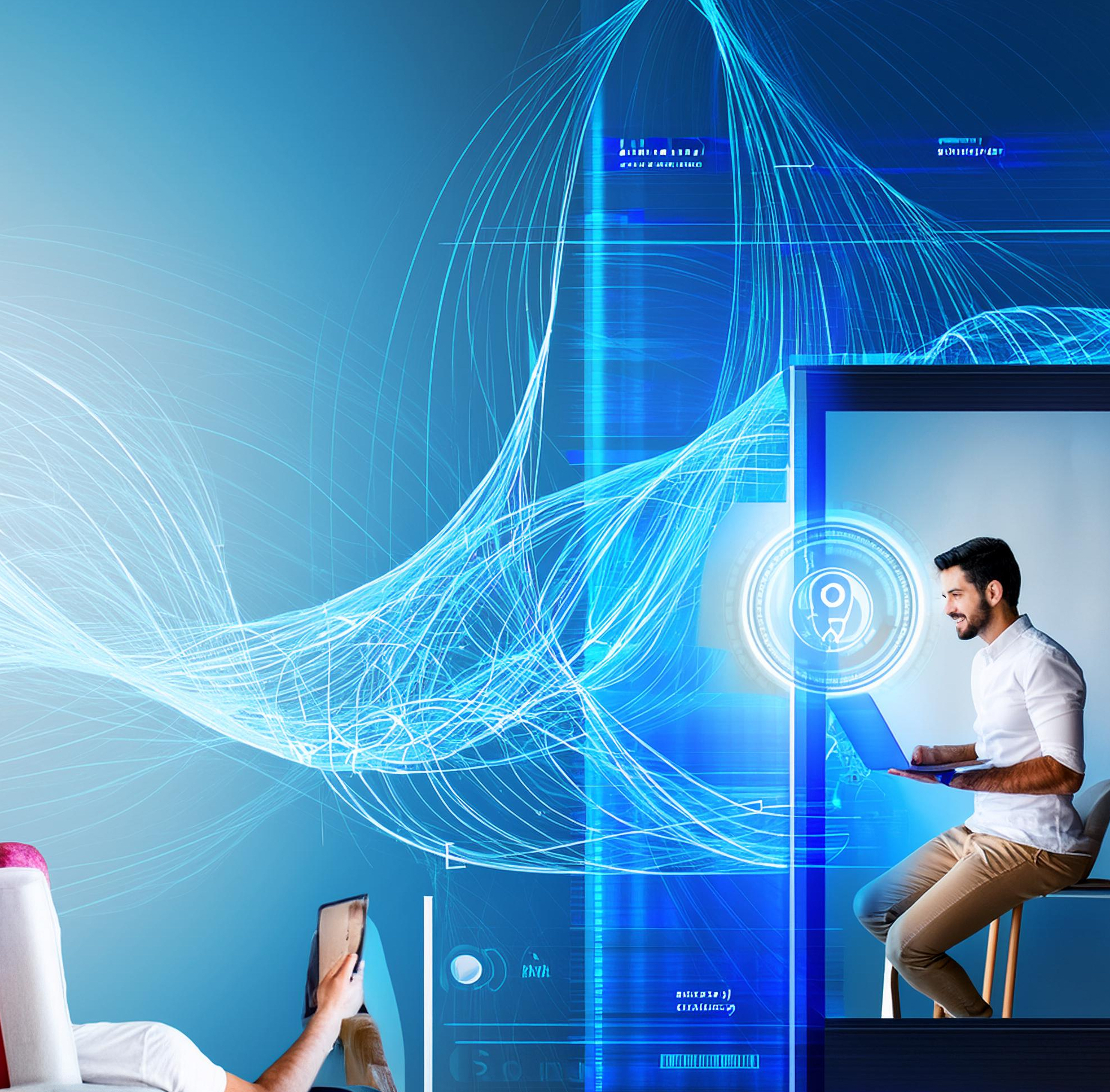
In today's rapidly evolving technological landscape, the rise of artificial intelligence (AI) has sparked debates about its implications for employment. Is AI a harbinger of prosperity, or does it pose a threat to jobs? Let's delve into the multifaceted dimensions of this issue.
On one hand, proponents argue that AI has the potential to revolutionize industries, increase productivity, and create new job opportunities. AI-powered technologies can automate routine tasks, freeing up human labor for more creative and strategic endeavors. Additionally, sectors such as data analysis, machine learning, and AI development are experiencing growing demand for skilled professionals.
However, skeptics raise concerns about the displacement of human workers by AI-driven automation. As AI systems become more sophisticated, they can perform tasks traditionally carried out by humans, leading to job redundancy in certain fields. This trend has prompted fears of widespread unemployment and economic upheaval.
Yet, it's essential to recognize that the relationship between AI and employment is complex and nuanced. While some jobs may be at risk of automation, AI also has the potential to augment human capabilities and create new avenues for employment. For instance, AI can enhance decision-making processes, optimize resource allocation, and improve customer service, leading to the emergence of new job roles.
Moreover, the adoption of AI may necessitate a shift in the nature of work rather than outright job loss. As automation takes over repetitive tasks, humans can focus on tasks that require emotional intelligence, creativity, and interpersonal skills—areas where humans currently outperform AI.
To navigate the impact of AI on employment, proactive measures are crucial. Continuous upskilling and reskilling initiatives can equip workers with the tools to adapt to changing job requirements and capitalize on emerging opportunities. Additionally, fostering a culture of innovation and entrepreneurship can spur the creation of new ventures and industries.
In conclusion, the impact of AI on employment is a multifaceted issue that warrants careful consideration. While AI has the potential to reshape the labor market and enhance productivity, it also raises legitimate concerns about job displacement. By fostering a collaborative approach and embracing lifelong learning, we can harness the transformative power of AI to create a more inclusive and prosperous future.
Thank you for reading. Stay tuned for more insights on the intersection of technology and society.
